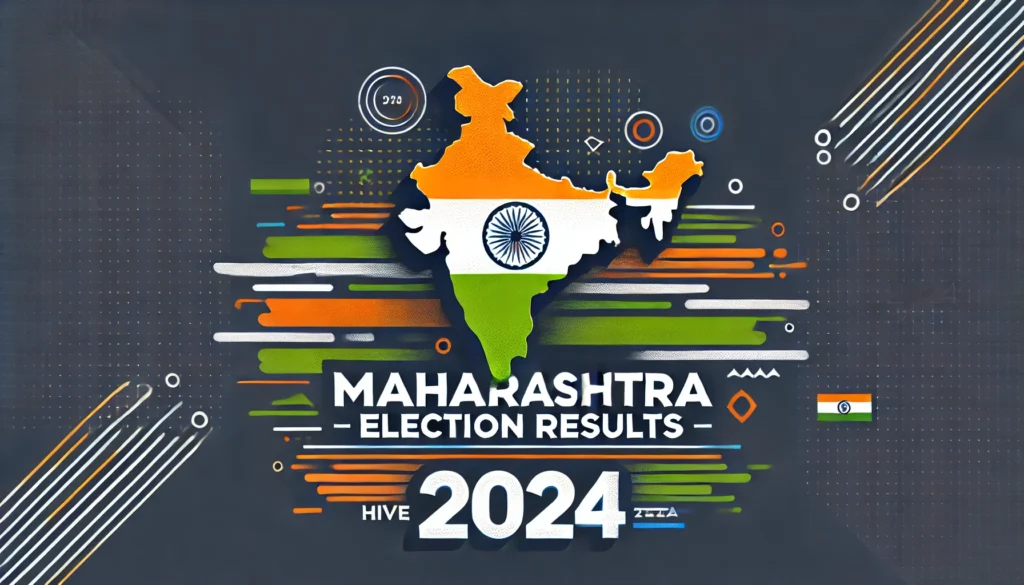A possible legal confrontation between Asian News International (ANI) and OpenAI’s ChatGPT may significantly impact the artificial intelligence landscape in India. The conflict is said to center on copyright issues, as ANI claims that ChatGPT has utilized its content without proper permission.

Should this lawsuit advance, it may establish a significant precedent for artificial intelligence firms functioning in India. Essential matters such as fair use, data scraping, and intellectual property rights are expected to be closely examined.
The result could affect the manner in which AI models utilize public data while ensuring copyright protections are maintained—impacting not only the future of OpenAI but also the wider regulatory landscape for AI in India.

Asian News International, a news agency, has initiated a copyright infringement lawsuit against OpenAI, a US-based entity, in the Delhi High Court on November 19. This case presents a significant legal inquiry: are AI platforms such as ChatGPT subject to liability for copyright infringements?
ChatGPT, the popular AI chatbot developed by OpenAI, is trained on extensive datasets derived from internet text. This lawsuit may serve as a pivotal moment in clarifying the application of copyright laws to artificial intelligence in India.
Also Read : https://coveragezone31.com/nse-changes-monthly-expiry/
The Lawsuit
Asian News International has leveled accusations against OpenAI, claiming that the organization has utilized its copyrighted content to train ChatGPT. ANI asserts that the AI platform retains and reproduces this material for commercial purposes without proper authorization. Furthermore, ANI contends that ChatGPT produces responses that include its content verbatim and occasionally fabricates quotes attributed to the agency—phenomena referred to in the AI community as “hallucinations.” According to ANI, these inaccuracies not only damage its reputation but also pose a risk of spreading misinformation.
In response, OpenAI has refuted these claims, stating that it does not maintain servers or offices in India and has implemented measures to address ANI’s concerns, including blocking access to ANI’s website for training purposes since October. This exchange has illuminated the ongoing friction between AI developers and content creators, as well as the intricate relationship between copyright legislation and the advancement of AI technologies.
The ruling from the Delhi High Court may have significant implications, not only for OpenAI and ANI but also for the wider AI landscape in India.
ANI is seeking ₹2 crore in damages and has requested that the court prohibit OpenAI from storing or utilizing its copyrighted material.
Recognizing the complexities involved in the case, the Delhi High Court has expressed its intention to appoint an amicus curiae—a legal expert to aid the court in addressing the intricate issues at hand. The next hearing is scheduled for January, indicating that this case could establish an important precedent for the intersection of AI and copyright law in India.

A Tricky Legal Question
In India, copyright issues are governed by the Copyright Act of 1957, which protects the rights of creators regarding their original works. This legislation aims to safeguard intellectual property, promote creativity, and regulate fair use while preventing unauthorized reproduction or distribution of copyrighted materials.
Copyright infringement occurs when an individual utilizes, reproduces, or disseminates a copyrighted work without obtaining the creator’s consent or possessing a legitimate legal justification. Such actions may involve copying, redistributing, or unlawfully profiting from the work, thereby constituting a serious breach of intellectual property rights.
AI platforms extensively utilize text content sourced from the internet to train their models. Currently, there are no regulations mandating these platforms to obtain approval or licenses from content creators, allowing this practice to proceed largely without oversight.
Nevertheless, the Copyright Act, established nearly seven decades ago, was not intended to confront the complexities introduced by contemporary AI platforms, which have only recently emerged. Consequently, the Delhi High Court is now faced with navigating this uncharted legal landscape. It must determine whether the training of AI models on data collected from the open internet amounts to copyright infringement—a ruling that could establish a significant legal precedent.
According to Aman Taneja, a partner at Ikigai Law, a firm focused on technology and emerging enterprises, “Indian law includes a provision known as the fair dealing exception. The court will need to assess whether this exception can be applied to the training of AI models.” Source Scroll.in

